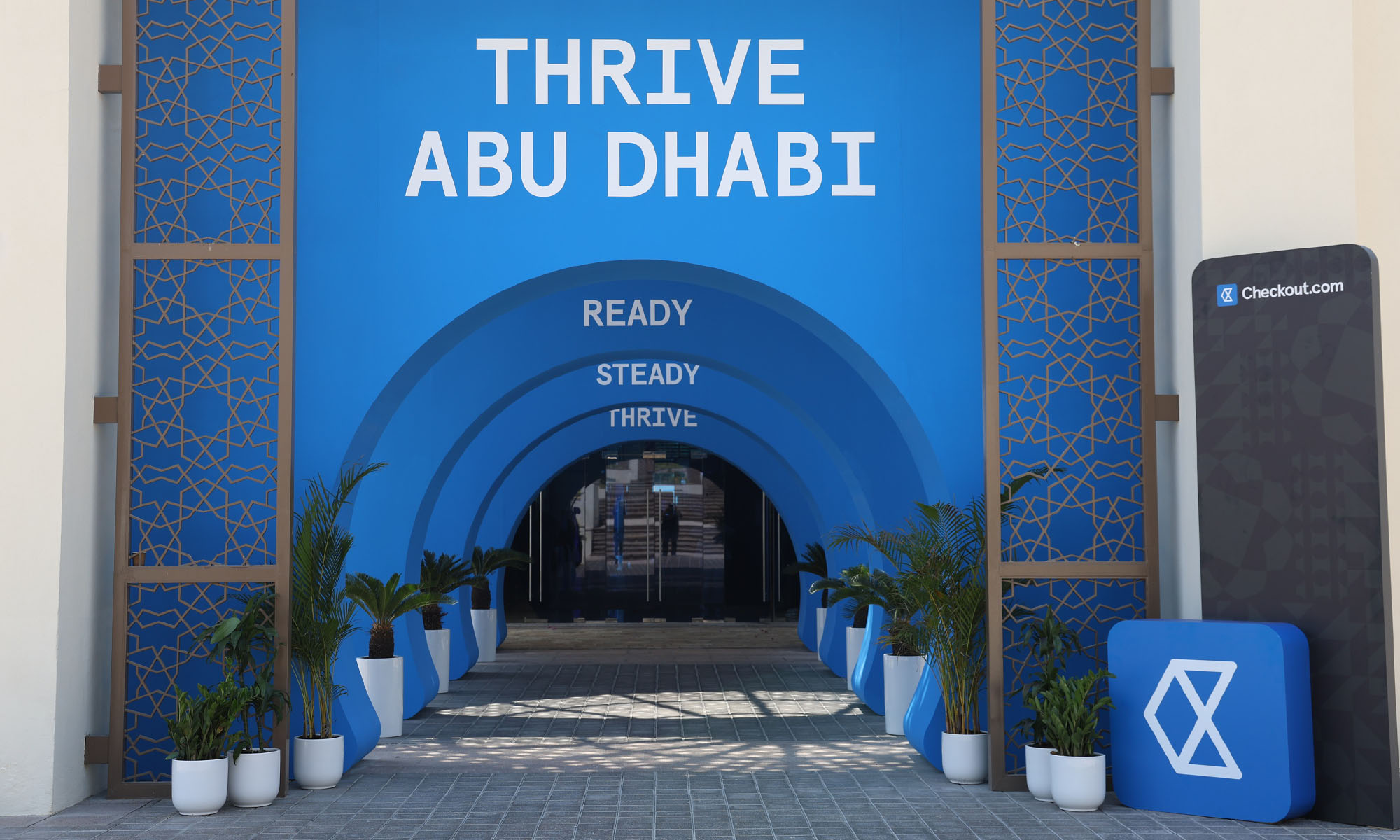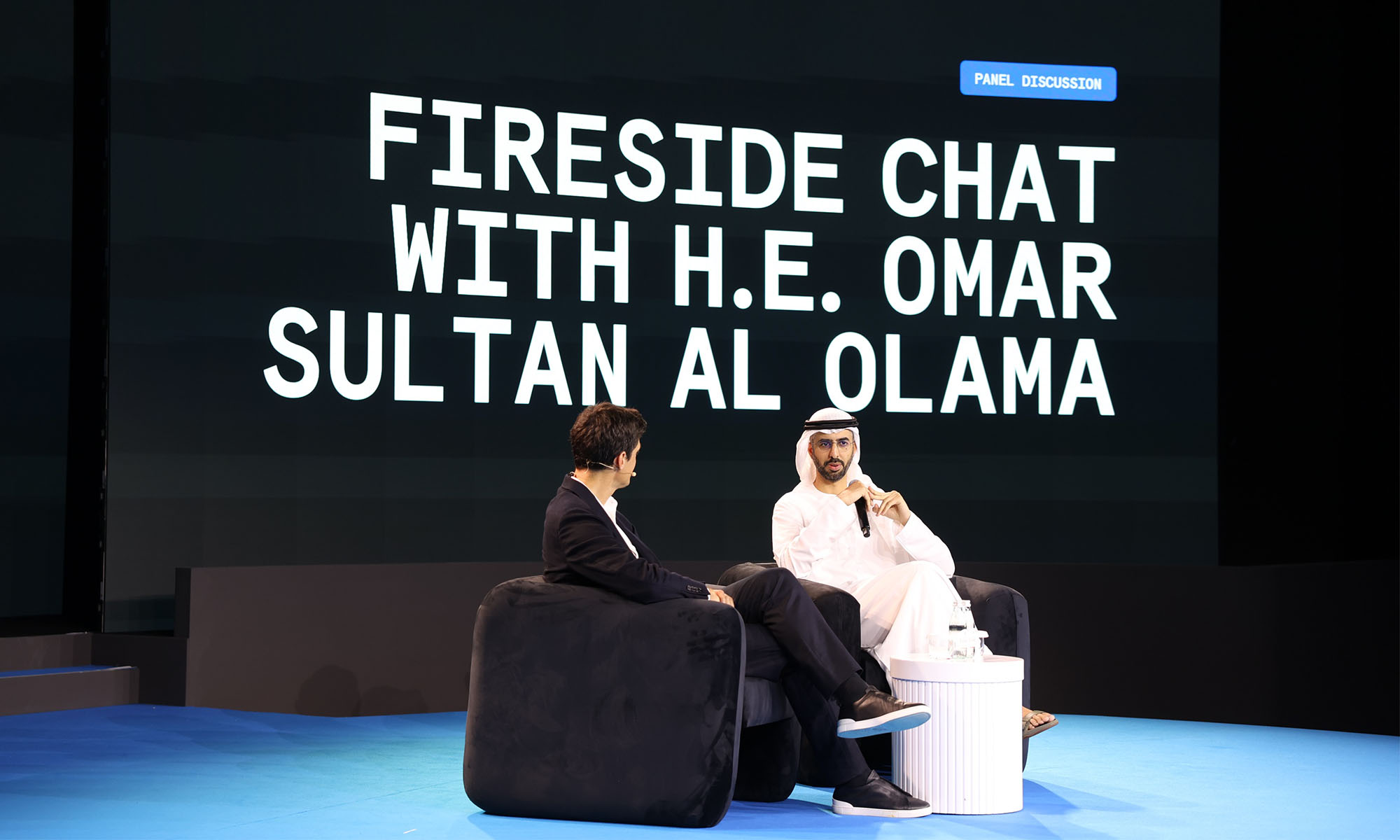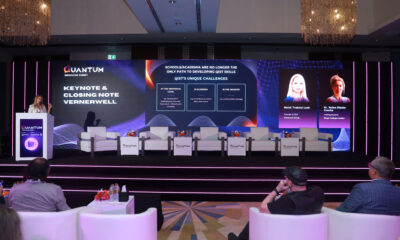News
Meta & Startupbootcamp Program Will Promote MENA Startups
The initiative will encourage AI adoption through a series of workshops and bootcamps and offer $500,000 to support product development.

Facebook and Instagram owner Meta has begun a collaboration with Startupbootcamp, a startup accelerator responsible for over 1,600 successful launches.
The strategic partnership aims to boost the MENA region’s startup scene using cutting-edge AI technologies through its Llama Design Drive initiative.
The program consists of three four-week sprints that will take place across the United Arab Emirates, Saudi Arabia, and Egypt. Llama Design Drive highlights include workshops and mentorship sessions and strategic partnerships with industry thought leaders.
The program by Meta and Startupbootcamp hopes to bridge the gap between established companies and the dynamic AI startup sector. To that end, Llama Design Drive will promote the use of Meta’s open-source large language model, Llama 3.1, helping companies develop products that tackle “real-world challenges in mobility, aviation, energy distribution, retail, and real estate”.
Startups recruited into the Llama Design Drive program will get the opportunity to be fast-tracked into a global initiative sponsored by Meta and have the chance to win up to $500,000 to support future product development.
“Our program not only promotes the adoption of AI technologies to develop solutions for corporate challenges but also facilitates connections between startups, corporates, and industry experts to expand networks and gain valuable knowledge and technical skills,” explained Ibrahim “Abe” Seksek, CEO MENA at Startupbootcamp.
Also Read: The Most AI-Proof Career Opportunities In The Middle East
“The whole world is excited to see how AI can add value to people’s lives,” added Joulan Abdul Khalek, Policy Programs Manager, Africa Middle East and Turkey at Meta. “Llama Design Drive is a great example of how open source can bring people together to co-create meaningful AI solutions. By doing so, we hope to cultivate a thriving community of tech talent across the region, working with them to unlock the potential of these exponential technologies to address real-world challenges”.
The MENA region — and the Middle East in particular — is ideally positioned for AI sector dominance, with both governments and businesses scrambling to adopt advanced technologies. In real terms, the Middle East as a whole is expected to reap 2% of the total worldwide benefits of AI by 2030, with annual growth surging to 20-34% across the region.
News
Checkout.com Set To Launch Card Issuing In The UAE
The payment service provider’s expansion is a first-of-its-kind investment and could reshape digital transactions across the region.

Checkout.com is laying the groundwork to become the first global payments platform to introduce card issuing in the United Arab Emirates — a move that could reshape how businesses in the region manage financial transactions.
The company plans to roll out its domestic card issuance offering in the UAE by 2026, subject to regulatory approval. The launch would give businesses the tools to issue both physical and virtual branded cards. This, in turn, opens up new ways to reward customers, streamline expense processes, and handle B2B payouts efficiently.
Checkout.com’s CEO and Founder, Guillaume Pousaz, revealed the plans during Thrive Abu Dhabi, the firm’s debut conference in the Emirates. Joined on stage by Remo Giovanni Abbondandolo, General Manager for MENA, Pousaz presented to an audience of over 150 partners and merchants at Saadiyat Island. Also in attendance was H.E. Omar Sultan Al Olama, the UAE’s Minister of State for Artificial Intelligence, Digital Economy, and Remote Work Applications.

Abbondandolo highlighted the strategic importance of the announcement: “As a global business, we focus on bringing products to markets that our customers want and need. Today’s announcement is proof of our commitment to the MENA region and its rising influence in the digital economy. The appetite for innovation here is real, and we’re proud to be building the infrastructure that powers it”.
One early adopter of Checkout.com’s UAE acquiring services is Headout, a travel experiences marketplace, which recently named the payment provider as its main partner in Europe. The company has already begun card issuing there and is keen to expand that offering into MENA once approval is granted.
The expansion of services in the UAE and beyond builds on Checkout.com’s track record in the region. It was the first global payments firm to secure a Retail Payment Services license from the UAE’s Central Bank and was instrumental in rolling out Mada and Apple Pay in both the UAE and Saudi Arabia.
Also Read: Protecting Your WhatsApp Account From Hackers: Kaspersky Expert Tips
The firm has also been rolling out new products: One of the latest is Flow Remember Me, currently in beta testing. It allows shoppers to store their card information once and access it across Checkout.com’s entire network, potentially cutting checkout times by up to 70%.
Earlier this year, Checkout.com also introduced Visa Direct’s Push-to-Card solution in the UAE, enabling both domestic and international payouts. Its collaboration with Mastercard has grown as well, making it easier for businesses to send funds directly to third-party cards securely and quickly.
With regional tech ambitions on the rise — spurred by initiatives like Saudi Arabia’s Vision 2030 and the UAE’s 2031 Agenda — Checkout.com sees its role as one of a key enabler. “Our mission is to help ambitious businesses navigate the complexity of payments, so they can move faster, go further, and make the most of every opportunity,” said Abbondandolo. “In MENA, performance is personal. It’s local. It’s built on trust. And when payments perform, businesses thrive”.

























